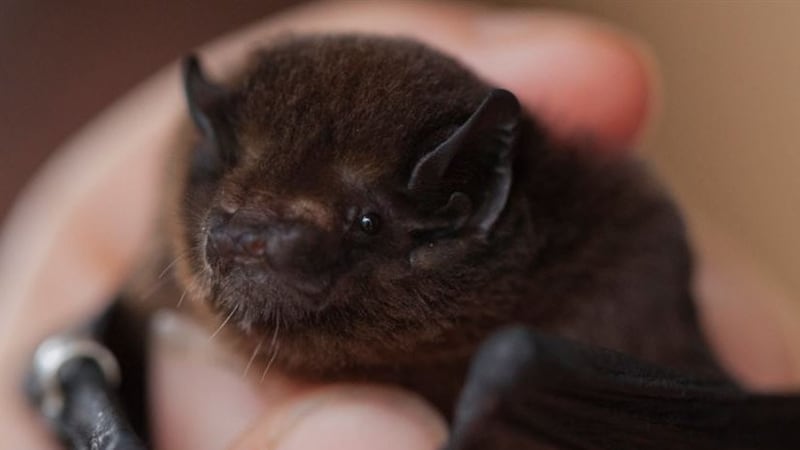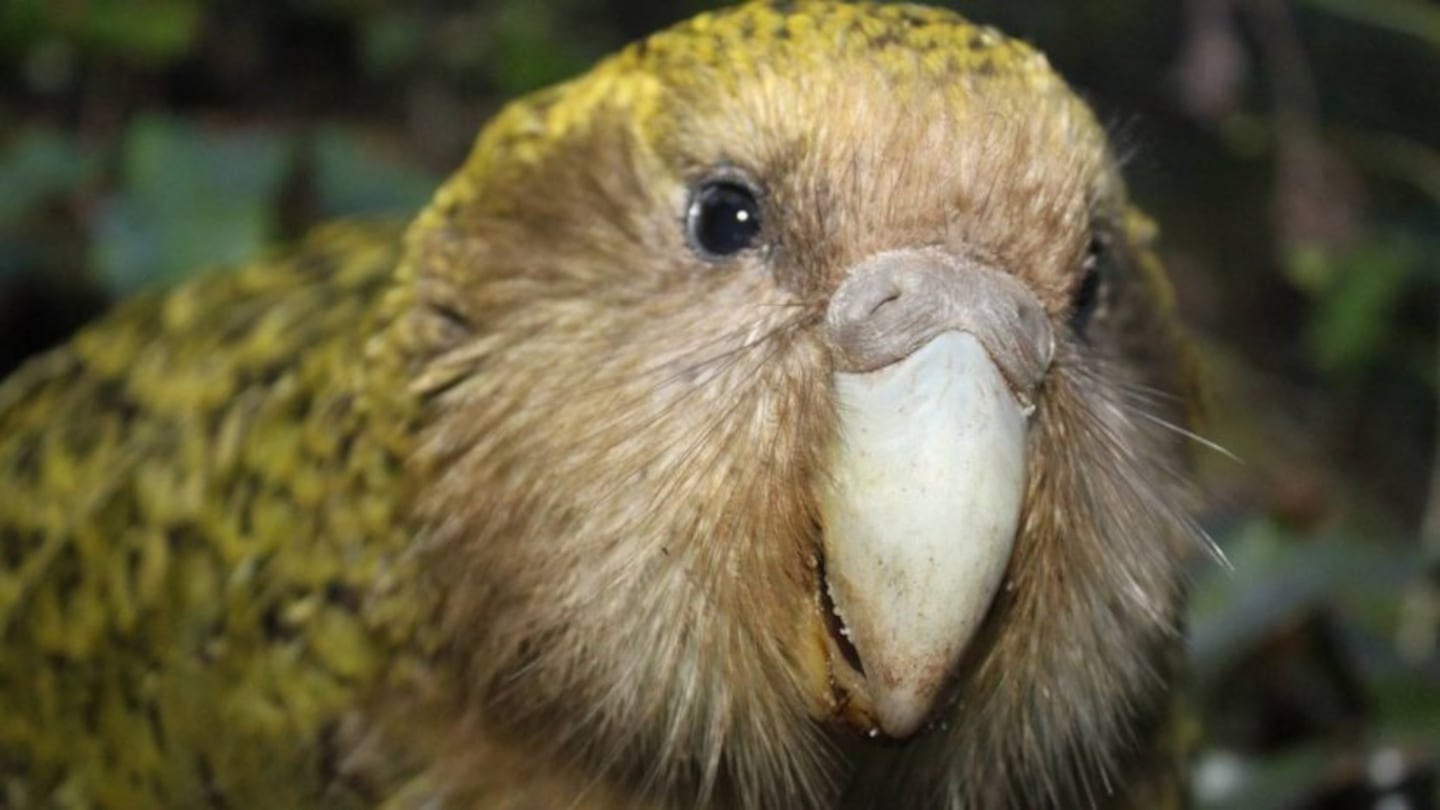The Kākāpō took out the title of Bird of the Year back in 2008 and again in 2020. Photo / Department of Conservation
A decision to ban one of Aotearoa’s most popular manu from the annual Bird of the Year competition has fans crying fowl-play.
Forest & Bird (Te Reo O Te Taiao), has ruffled feathers by announcing the kākāpō - sometimes known as the world's fattest parrot, won’t be in the running this year due to its overwhelming popularity.
“The kākāpō has already won twice,” Forest & Bird spokesperson Ellen Rykers said in a statement.
“While he’s definitely a fan favourite, we want to make sure that we’re able to give attention to other birds that tend to get overlooked.”
The Kākāpō is the only bird to have twice won the competition. Fans flocked to it initially in 2008 and again in 2020.
Forest & Bird says it's not ruling out letting the Kākāpō back in coming years but reiterated fears other birds may be overshadowed by their 'flashier or louder cousins'
“It will be a brief hiatus, not a complete barring,” Rykers says.
Media outlets including the BBC and Washington Post have carried the Kākāpō hiatus, with some commentators slamming Forest & Bird's decision as 'woke' cancel culture.
'Bird of the Year is so woke', said Martyn 'Bomber' Bradbury on Twitter. suggesting the kākāpō had been 'cancelled' and the contest had become a 'participation reward' for ugly birds.
An ornithologist from the Department of Conservation backed the Forest & Bird decision.

Last year voters were in a flap after the pekapeka-tou-roa, or long-tailed bat landed first place, despite technically being a mammal, and not a bird. Photo / Department of Conservation
"New Zealand has lots of fantastic birds but unfortunately most of them are endangered," community manager Louise Porter told the AFP.
"There is a lot of publicity from winning bird of the year. Anything which gets the public engaging with conservation is a good thing."
Every year hundreds of thousands of bird watchers flock to the competition's website to fly the flag for their bird of choice but the competition’s not without its controversy.
Last year voters were in a flap after the pekapeka-tou-roa, or long-tailed bat landed first place, despite technically being a mammal, and not a bird.
Forest & Bird defended the decision, again arguing awareness of species under threat was really the point of the competition.
"These flying furballs are threatened by the same problems as our native birds - predators, habitat loss and climate change," a spokesperson said at the time.
"The more we do to protect them, the more it helps their feathered friends."
Voting for Te Manu Rongonui o te Tau, Bird of the Year 2022 is open now, via the birdoftheyear.org.nz website.
The winner will be revealed on October 31.


